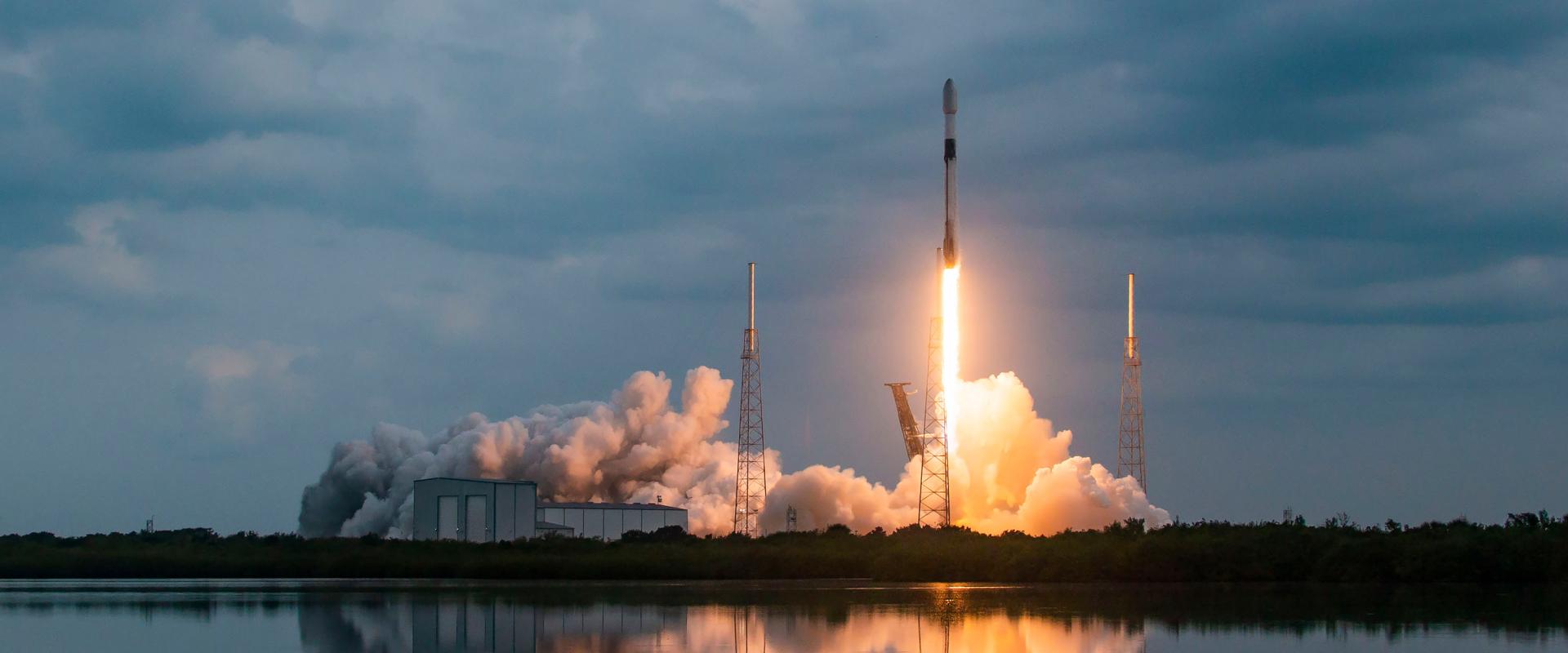On Monday, the European Commission awarded contracts to push forward delayed plans for a 10.6 billion euro ($11.13 billion) secure European satellite constellation in response to Elon Musk’s Starlink and other fast-growing internet networks.
The initiative, known as Iris², aims to establish a multi-orbital network of nearly 300 satellites and is designed to rival leading US satellite internet services, such as Elon Musk’s Starlink and Amazon’s Project Kuiper.
“This cutting-edge constellation will protect our critical infrastructures, provide connectivity to our most remote regions, and bolster Europe’s strategic autonomy,” said Henna Virkkunen, the European Commission Vice President.
Developed as a public-private partnership, the Iris² system will cater to government and private-sector clients. With an estimated budget of €10.6 billion ($11.1 billion), the network will enable secure communications for military, defense, and diplomatic purposes.
Beyond security, the network is also envisioned to provide surveillance, facilitate communications in areas hit by natural disasters, and offer commercial broadband services.
The EU formalized a 12-year concession for the project’s implementation with SpaceRISE, a European consortium led by France’s Eutelsat, Spain’s Hispasat, and Luxembourg’s SES. The partnership also includes major companies such as OHB, Airbus Defence and Space, Telespazio, Deutsche Telekom, Orange, and Hisdesat.
Andrius Kubilius, the EU’s Commissioner for Defence and Space, praised the agreement as the beginning of “a vision for a stronger, more connected, and more resilient Europe.” He emphasized that “Iris² demonstrates the Union’s commitment to enhancing Europe’s global position in space, both in terms of security and competitiveness, for the benefit of our governments, businesses, and citizens.”
The EU will fund more than half of the project’s €10.6 billion budget, with €4.1 billion coming from private investments and €550 million contributed by the European Space Agency (ESA). This comprehensive space infrastructure, including both public and private funding, is intended to position the EU as a global player in the fast-evolving space industry.
The timing of this project comes amid an increasingly competitive market for high-speed satellite connectivity, particularly in underserved and remote regions. Earlier this year, Starlink, owned by Elon Musk’s SpaceX, reported that it had already launched over 6,000 satellites and was serving 2.6 million customers worldwide.
While Iris² will deploy a smaller number of satellites, its innovative multi-orbital design is expected to provide comparable performance to Starlink’s network of around 1,000 satellites, according to EU officials.
The infrastructure for Iris² will be based exclusively in Europe, with control centers located in Luxembourg, France, and Italy. The network is expected to be fully operational by 2030.
